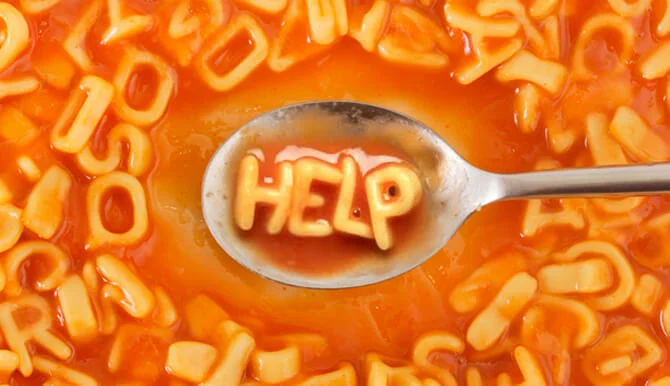This week’s phrases include the Dutch word for the cap “de pet” 🧢 The cap represents the working class and stands as a symbol for the skills or the knowledge needed to execute a certain profession. It also means that someone is belonging to a certain group. 👮🧑🎨🧑✈️
Read MoreDive into this unique list by TaalBoost of most frequent Dutch verbs from A2 to B1 level. The list contains 637 verbs and the past tenses for both irregular and regular verbs. The closest English translations are also provided, as well as free flashcards to exercise your Dutch verbs!
Read MoreAt TaalBoost, we are not only language lovers, but also huge fans of animals. This blog post combines those two topics! Whether you’re a fan of Aesop’s fables, an animal lover, a Dutch language learner, or all three, you wil love this blog post.
Read MoreThe list of the most frequent Dutch verbs at A2 level is unique, because it includes not only irregular, but also regular Dutch verbs! Next to that, you will find the forms for the past tenses: Simple Past singular and plural, and Present Perfect - again for all the verbs. On the right, you will find the closest English translation(s) of the Dutch verbs.
Read MoreWould you like to see more Dutch quality content in your Instagram feed? TaalBoost has made a list of 20 must-follow Instagram accounts that not only deliver quality content but are informative, entertaining and easy to follow.
Read MoreThis world maps shows with which letter or letter the name of your country and and other countries end in Dutch. Is it -ië, -ije, -rijk, -land or a different ending?
Read MoreWhen I look back at the time when I just started to learn Dutch and compare to how I am learning Dutch now - or any other language for that matter - there are some things I wish I knew then that would’ve made my learning experience either much faster or more enjoyable, or both. I would like to share top 5 things with you that will hopefully help you at the beginning of your Dutch learning journey.
Read MoreOf je het nu Nederlands[ch] of Oud-Hollands[ch] noemt, de onderstaande spellen zijn leuk voor alle leeftijden. Voor de meeste spellen hoef je helemaal geen Nederlands te kunnen spreken, maar er zijn ook spellen die wat Nederlandse taalvaardigheid van je vragen. Maak je borst maar nat voor de TaalWorkshop: Nederlandse spellen + Spelletjesavond op 21 februari om 18uur!
Read MoreThere is a funny meme going around with 12 Dutch expressions literally translated in the English language. What are those expressions actually in Dutch and what is their comparable meaning in English? TaalBoost breaks it down for you.
Read MoreThe receptive skills - and especially reading - are by far the best way to learn new words. While you are reading a text in the new language, you will have the luxury to re-read, pause, consult the dictionary, Google translate, or some other cool digital feature that can looks up words online. Since there is no other cognitive effort from you required, you will have available mental capacities to store the newly learned words.
Read MoreThe superstar of the part 2 of the blog on negation is the grumpy cat, or in the Dutch grammar system - the negating word niet. In this part, we will look at the following: which words niet negates and which position niet takes in the sentence, relative to those words.
Read MoreThis past weekend really felt like summer has finally arrived to Amsterdam. Except that it is today Monday and that the summer is already gone (again). Since letting go of the summery vibe is the last thing I want to do today, I made this summery infographic with the (most) Dutch subordinate conjunctions.
Read MorePreviously, I wrote about the ways to express liking things in the Dutch language. Since negation seems to be another common problem in the early learning stages, this blog post is dedicated to not linking things in Dutch.
Read MoreWhen we learn a new language, we often talk about the things that we like or dislike, especially in the early learning stages. The Dutch language does not use one word for "to like" like English, but rather two words.
Read MoreGeïnteresseerd om bij TaalBoost Nederlandse les te geven? Of stage te lopen om docent te worden? Wij kijken graag met je naar de mogelijkheden. Stuur een cv met motivatie naar info@taalboost.nl.
Read More











![Subordinate Conjunctions in Dutch [Infographic]](https://images.squarespace-cdn.com/content/v1/56842f18d8af10be6f7cef8b/1497278550595-K0NLPW75O5LIQEX6Z95O/SUBORDINATEthumb.png)


![TaalBoost zoekt docenten Nederlands [zzp]](https://images.squarespace-cdn.com/content/v1/56842f18d8af10be6f7cef8b/1613146637011-KRCPDMRWHBMYQP9XVETW/vacature-vierkant.png)